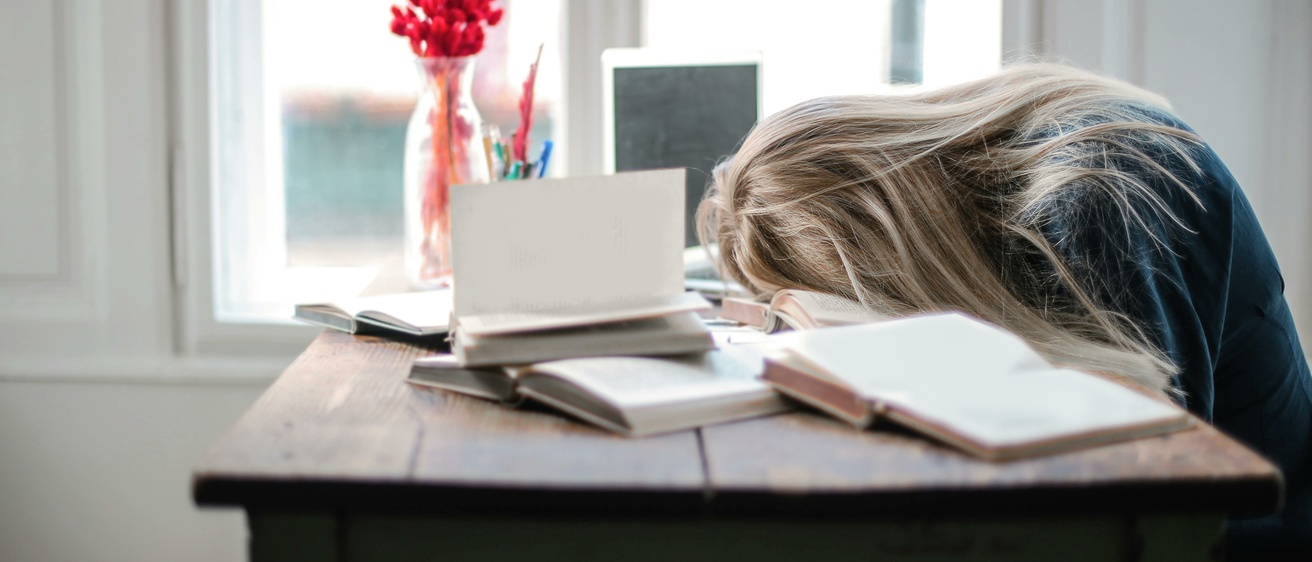With the pressures of academics, extracurriculars, and social events, many students prioritize studying or socializing over getting a good night’s rest. However, sleep is crucial for overall well-being, academic performance, and mental health. Here are some ways a good night’s sleep help you:
- Boosts Brainpower: Sleep plays a key role in memory consolidation, which is essential for learning and recalling information. A well-rested brain can focus better, absorb information more efficiently, and retain knowledge for longer periods, enhancing your academic performance.
- Supports Physical Health: During sleep, the body repairs and regenerates cells, strengthens the immune system, and balances hormones. When you neglect sleep in favor of late-night study sessions or socializing, it may weaken your immune systems and make you more prone to illness.
- Increases Productivity: Skipping sleep to study backfires—fatigue impairs focus, decision-making, and efficiency. A full night’s rest improves concentration and performance.
- Boosts Mental Health: Research shows that poor sleep heightens stress, anxiety, and depression by disrupting emotional regulation and neurotransmitters. On the flip side, quality sleep helps your brain recover from emotional stress, balancing mood and promoting resilience.
Here are 9 Sleep Hygiene Rules from UCS therapists on how to improve your sleep and enhance your academic success!
- Get up at the same time every day, seven days a week (preferably in the morning, not sometime like two the afternoon!). This is perhaps the most important rule, as the time you get up sets your biologic clock each day.
- Stay in bed for time equal to what you need for your typical night of sleep. If eight hours is what you typically need, then only spend eight hours in bed, even if you only sleep one hour! Don't spend more time in bed to make up for inefficiency. You want to train your body to sleep efficiently. This is probably the second most important rule.
- Avoid getting frustrated about not being able to sleep, this only makes it worse. You can't force sleep. Your body will eventually get the sleep it needs. If you're awake more than about one half-hour get up and go back to sleep when you are tired. Do not make up this time by sleeping in (remember rule number 1). Remind yourself that your body can tolerate lack of sleep on a short-term basis. It is unlikely that our ancestors always got eight hours of sleep, yet somehow, we survived as a species.
- You want to associate your bed with sleeping, so avoid doing things such as reading, eating, or watching television in bed.
- Make the place you sleep as comfortable as possible with regard to factors such as temperature, noise level, and comfort of your bed.
- Avoid consuming liquids close to your bedtime, as this can cause trips to the bathroom at night.
- Avoid substances that are stimulating such as caffeine, cold pills, and nicotine.
- Do not use alcohol or sleeping pills to get to sleep. While it may be helpful in getting off to sleep, it can disrupt the architecture of sleep. Chronic use of sleep aids can make things worse. Remember there is no such thing as sleeping pill deficiency as a cause of insomnia.
- Don't be a "clock watcher"; turn it away so that you don't look at it through the night. Frequent clock watching can only lead to more frustration.
To learn more about strategies for improving sleep, visit these resource pages: Sleep Hygiene, Healthy Sleep Resource Guide. You can also stop by UCS Embedded Therapy in UHD’s Sleep Well event in Catlett Hall on Thursday, March 27th, 11:00am-1:00pm.
Midterms can be stressful— let us support you! The University Counseling Service is offering four 1-hour workshops to help you stay on track:
- Motivation and Procrastination Workshop
- Managing Anxious Thoughts Workshop
- Distress Coping Workshop
Find times/dates and register here: Workshops & Support Groups.
